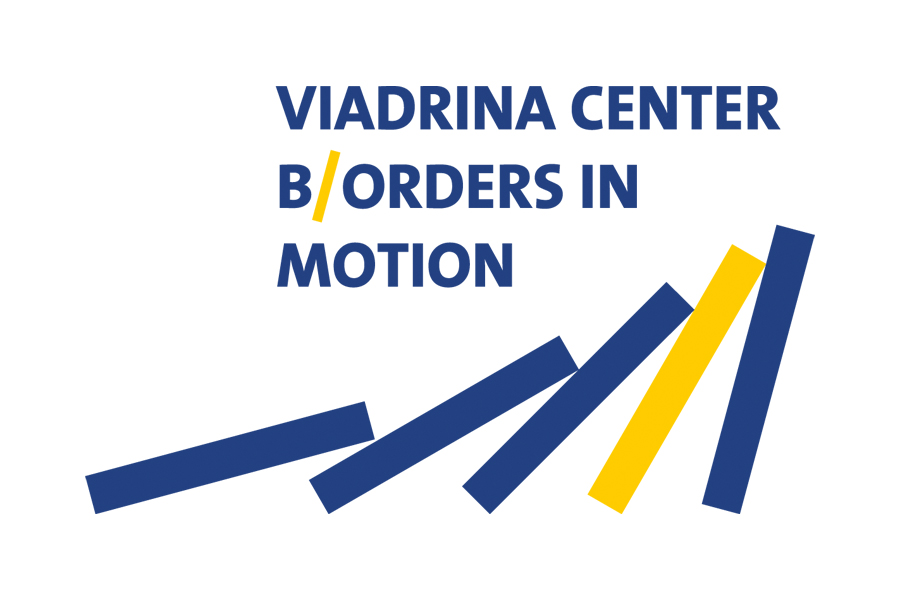Obstacles to Modernization in the Economy and Science of the GDR (Mod-Block-DDR)
details
Project lead:
-
Prof. Dr Dagmara Jajeśniak-Quast (Director of the Viadrina Center of Polish and Ukrainian Studies, EUV)
Research team:
-
Dr Falk Flade (Research Associate, VCPU, European University Viadrina)
-
Prof. Dr Anna Schwarz (Emerita, European University Viadrina)
Funding institution:
Federal Ministry of Education and Research (BMBF)
Project duration:
2018–2023, 2023-2025
Project description
The Viadrina Center of Polish and Ukrainian Studies is organizing its annual conference on 22 and 23 May 2025 at the European University Viadrina in Frankfurt (Oder), which is also the final conference of the Mod-Block-DDR research project.
Despite the development of a modernised economy in the new federal states, Eastern Germany has not managed to reach the performance and prosperity levels of the old federal states on its own after more than 25 years (BMWi 2016). Since the end of the 1990s, the economic catch-up process has stalled (SVR 1999), even if there were phases of development in the meantime that gave the impression of a further significant reduction in the gap (Ludwig 2017). For the slow equalisation of East and West Germany, the public sees two reasons in particular. On the one hand, it blames the privatisation of GDR companies by the Treuhandanstalt and the resulting structural consequences for entrepreneurship in East Germany. On the other hand, the development problems are attributed to the "Flurschaden der DDR" [damage by the GDR] (Paqué 2009). The realisation of the extent to which the legacy of the GDR actually hinders economic development in the new federal states recedes into the background as the distance in time from the date of German unification increases. This is where research and politics are called upon to counteract generalisations in the formation of judgements, because otherwise there is a danger that the tendency towards polarisation between East and West will become entrenched.
The research objective of the Mod-Block-DDR network is to identify the state-socialist blockades to modernisation in the economy and science of the GDR, to analyse their effects on past real economic development and to demonstrate their continuing influence on the socio-economic disparities between the old and new federal states. To deepen the findings, analyses include both comparisons within Germany and comparisons with neighbouring countries in Central and Eastern Europe.
The structural and methodological objectives are to investigate the complex cause-and-effect relationship between the modernisation blockades and today's socio-economic disparities. In the sub-projects, real manifestations of modernisation blockades and socio-economic disparities are being analysed in an interdisciplinary team using a pluralistic approach. In addition to the macro level, the system-related action orientations of the actors at the micro level in business and science will also be analysed. It was precisely these that were put at risk by the system change, when the aim was to develop creative entrepreneurship and civil society actors from heretofore restricted actors (e.g. in businesses and research centres controlled by a central plan).
Three sub-projects of the joint project are being carried out at the European University Viadrina Frankfurt (Oder):
Sub-project 3: „Origination and development of innovative niches“
Subproject 4: „The development of socio-economic thinking in the GDR in comparison to Poland and Czechoslovakia 1945-1990“
The research group „European Challenges: Technological Change and Re-Arrangements of Migration and Labour“, which was funded by the Viadrina Center B/ORDERS IN MOTION with Seed Money, was involved in the acquisition of this third-party funded project.
